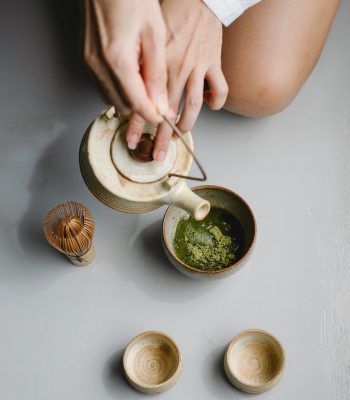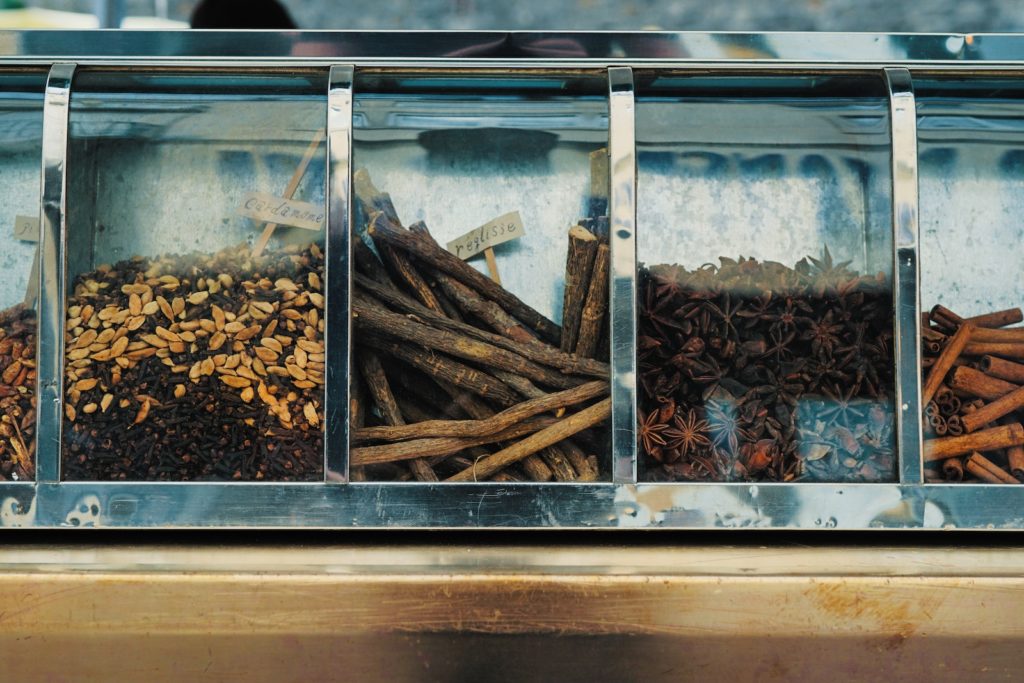Traditional Chinese Medicine
What is Chinese Medicine
Chinese herbology is one of the important modalities utilized in Traditional Chinese Medicine (TCM). Chinese herbology is based on the Traditional Chinese Medicine theory. Chinese practitioners use rhizomes, roots, leaves, seeds, fruits, root barks, and flowers from natural herbal plants to produce a special preparation for individuals according to his/her health condition. A typical “Chinese herbal formula” consists of many herbs which are formulated for the especially TCM diagnosis pattern of each individual. The herbs we commonly prescribe in the clinic are in a granular form and used by mixing with hot water for drinking; however, other types can be prescribed as well, including capsules, tablets, liquid, etc. Chinese herbs are mostly natural plant-based which have no side effects.

HISTORY OF CHINESE HERBOLOGY
Chinese herbs have been used for centuries. The first Chinese herbalist his name is Shennong who is said to have tasted hundreds of herbs and imparted his knowledge of medicinal and poisonous plants to the herbal farmers. The first Chinese pharmacology manual, “The Shennong Herbal Classic” lists about 365 natural medicines dated back somewhere in the 1st century. Chinese Herbal physicians used several different methods to categorize Chinese Herbal Medicine which is “The Four Natures”, “The Five Tastes”, and “The Meridians Connection”.
THE FOUR NATURES
This pertains to the degree of Yin and Yang, namely cold, cool, warm, and hot. The patient’s internal balance of Yin and Yang is considered when the herbs are selected. For example, medicinal herbs of “hot”, Yang nature are used when the person is suffering from an internal cold that requires to be purged, or when the patient has a general cold constitution. Vice versa for individual suffers from internal heat condition or with hot constitution body will need Yin nature herbs with a cooling effect.

THE FIVE TASTES
The five tastes are pungent, sweet, sour, bitter, and salty, and each taste has a different set of functions and characteristics. For example, pungent herbs are used to induce sweating and revitalize Qi and the blood. Sweet-tasting herbs often tonic or harmonize bodily systems. Sour Chinese medicine has astringent and firming effects, and most of them have antiperspirant and antidiarrheal functions. And bitter taste herb dispels heat, purges the bowels. Salty taste herb can soften hard masses and dissipate clump.
THE MERIDIANS CONNECTION
The meridians refer to which organs the herb acts upon. For example, Goji Berry is sweet in taste and neutral in nature (neither heaty nor cooling), connected with liver and kidney meridians. Nourish kidney and liver essence, treat liver and kidneys Yin deficiency conditions like weak waist and knees, dizziness, blurred vision, fatigue, premature aging, etc.



